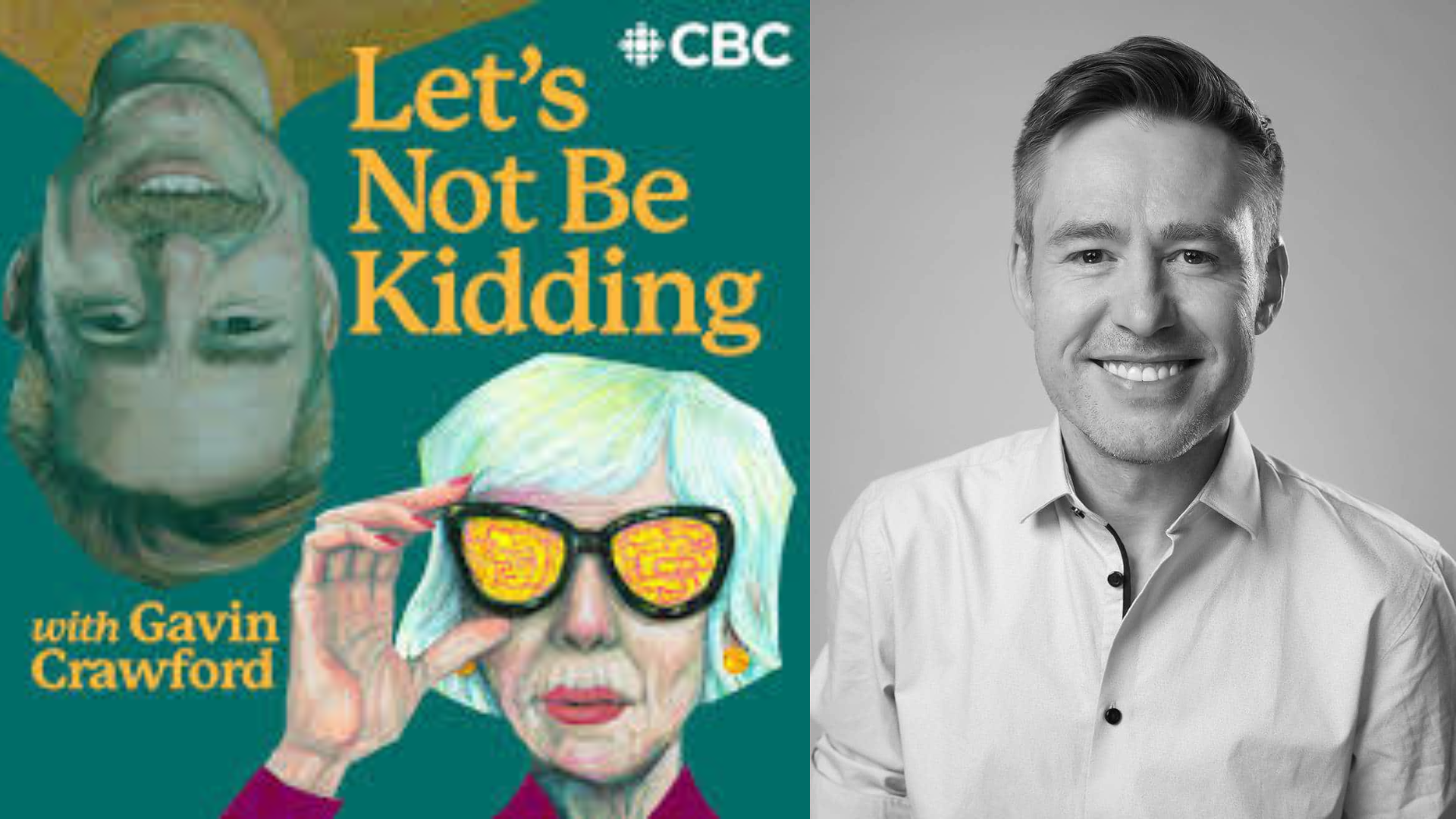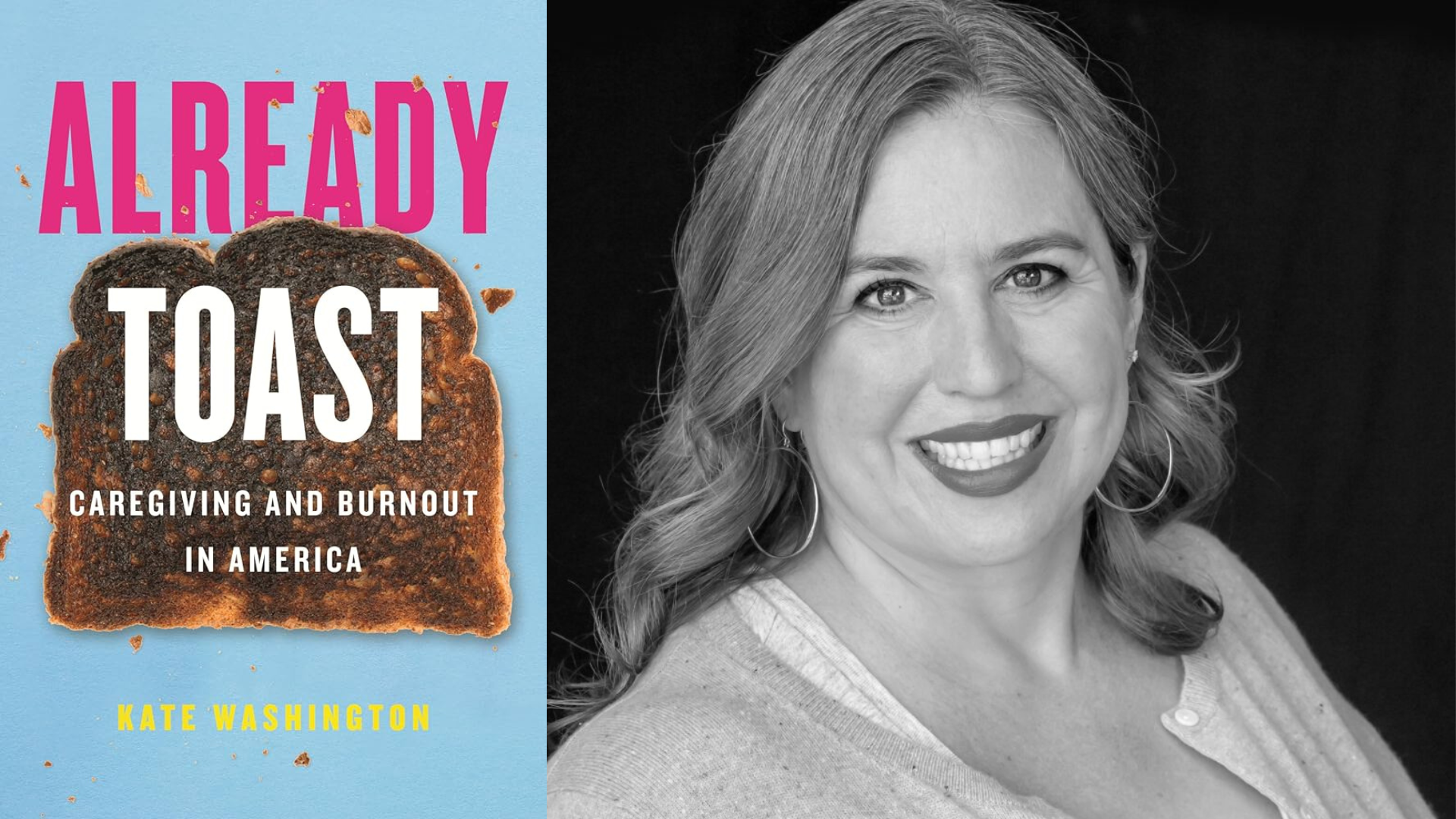
How to Write ‘The Letter’ to Uncooperative Sibling Caregivers
When to Use This Tool:
Use How to Write ‘The Letter’ to Uncooperative Sibling Caregivers when you’re feeling frustrated, unheard, or overwhelmed by unequal caregiving responsibilities and need a structured, compassionate way to express your feelings and set boundaries. It’s especially helpful when direct conversations have failed or emotions are running high, and you want to communicate thoughtfully without escalating conflict.
Why It Matters:
This tool helps you clarify what you need, name what’s not working, and appeal to shared family values rather than blame. By approaching communication with empathy and structure, you create the possibility for collaboration, understanding, and relief from the resentment that often strains caregiving relationships.

Barry J. Jacobs, AARP
Author

How to Write ‘The Letter’ to Uncooperative Sibling Caregivers
When to Use This Tool:
Use How to Write ‘The Letter’ to Uncooperative Sibling Caregivers when you’re feeling frustrated, unheard, or overwhelmed by unequal caregiving responsibilities and need a structured, compassionate way to express your feelings and set boundaries. It’s especially helpful when direct conversations have failed or emotions are running high, and you want to communicate thoughtfully without escalating conflict.
Why It Matters:
This tool helps you clarify what you need, name what’s not working, and appeal to shared family values rather than blame. By approaching communication with empathy and structure, you create the possibility for collaboration, understanding, and relief from the resentment that often strains caregiving relationships.

Barry J. Jacobs, AARP
Author
Related Articles

Feelings and Needs Inventory
This tool builds emotional awareness and strengthens communication by helping you identify your true feelings and needs—especially during conflict, overwhelm, or when seeking deeper connection.

The Center for Nonviolent Communication
April 20, 2025

Let's Not Be Kidding
A raw, funny, and heartfelt podcast about caregiving and losing a parent to Alzheimer's—hosted by comedian Gavin Lodge, who shares the chaos, grief, and unexpected humor of it all.

Gavin Crawford
April 18, 2025

Already Toast: Caregiving and Burnout in America
Already Toast: Caregiving and Burnout in America sheds light on the emotional toll of caregiving and the urgent need for systemic support and change.

Kate Washington
April 17, 2025
